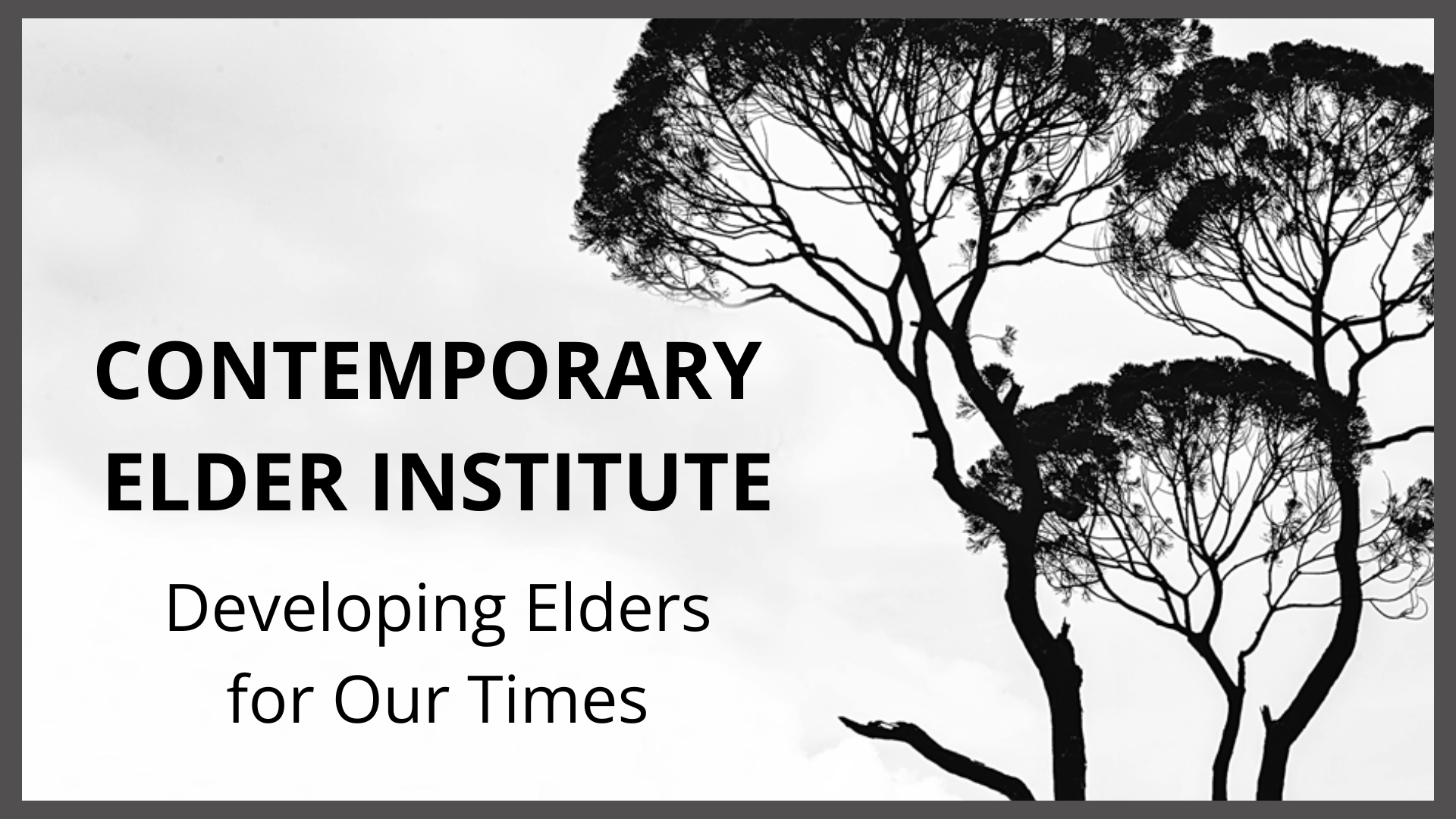THE LATE-AGE PURPOSE
THE LATE-AGE PURPOSE

Numerous research papers regarding a late-aging report that having a purpose is vital for a higher quality of life and improved physical and mental health. Purpose, as defined, is the reason something is done or is created, the reason for which something exists. In our context of elder, purpose is the principal reason an elder exists.
As a professional, your purpose was forged by many outside influences – family of origin, societal norms, professional objectives, and financial necessity. And indeed, your ego also had plenty to do with shaping your purpose.
At the time, this purpose was your power source to accomplish, attain, deal with breakdowns, and persistently develop your mastery in your chosen field. But now, at the end of your career, your purpose completely loses its power. As a late-age professional, your tenured purpose directly evaporates when you exit.
Motivation, ambition, desire, and aspiration are lost without a purpose. Without a purpose, hopelessness, worthlessness, and inadequacy become prevalent. What kind of purpose can you generate at late age beyond career, money, and ego gratification?
Before, your purpose was primarily externally created. Now, all those external forces are gone. Poof. So, where do you find your purpose now?
In your heart, not your head.
DISCOVERING YOUR LATE-AGE PURPOSE
Again, substantiated by various published studies on late aging, a purpose is a vital source for physical and mental well-being, directly linked to reducing the risk of premature mortality, morbidity, and functional decline.
Psychologists are now keenly aware of positive mental well-being. The various articles from their respective field consistently show that a "eudemonic" model delivers notably better mental health throughout aging. Eudemonic well-being is happiness or contentment achieved through self-actualization and having a meaningful purpose in one's life. Underline self-actualization and purpose.
One significant outcome of self-actualization is that it puts the late aging in touch with their compassion. And this heartfelt compassion becomes the gateway to their purpose, their reason for existence, their raison d'être.
The work of the Contemporary Elder Institute is based on these distinctions; to generate a body of work that empowers a sustainable eudemonic result.
COMPASSION, THE SOURCE OF THE LATE-AGE PURPOSE
Compassion means "to suffer together." Emotion researchers define it as the feeling that arises when you are confronted with another's suffering and feel motivated to relieve it.
Compassion is distinct from empathy or altruism, though the concepts are closely related. In contrast, empathy refers to our ability to take the perspective of and feel the other person's emotions. Compassion is when those feelings and thoughts include the desire to help.
Altruism, in turn, is the kind, selfless behavior often prompted by feelings of compassion. However, altruism certainly isn't always motivated by compassion, as demonstrated by our politics.
While cynics dismiss compassion as touchy-feely or irrational, scientists have started to map the biological basis of compassion. Researchers suggest a deep evolutionary purpose for compassion. They suggest that compassion permitted human beings as a species to survive.
These researchers demonstrated that when you feel compassion, your heart rate slows down, you secrete the "bonding hormone" oxytocin, and regions of the brain linked to empathy, caregiving, and feelings of pleasure light up - resulting in wanting to approach and care for others.
In our programs, we enable participants, via meditation and inquiry, to uncover their heartfelt compassion. It’s innate to all human beings. Once aware and distinguished, their compassion becomes the gateway to their purpose. When compassion is the birthmother of the purpose, the purpose invariably becomes about relieving the suffering of others. The benefit of this kind of purpose, birthed from compassion, is that it is self-reinforcing and continually promotes mental and physical well-being—a virtuous cycle – thus sustainable.
Ah, but there is an added benefit. A purpose borne of compassion must be delivered from selfless service. Those chains are broken when delivered in selfless service, ego, identity, and personal history.
When one delivers selfless service driven by a compassion-sourced purpose, they are being and living at their highest level of humanity and making the most impactful contribution.
Conversations on Compassion with Werner Erhard
https://www.pinterest.com/pin/835488168346416795/
For more information about the work of the Contemporary Elder Institute for yourself or your organization, www.requestingwisdom.com
